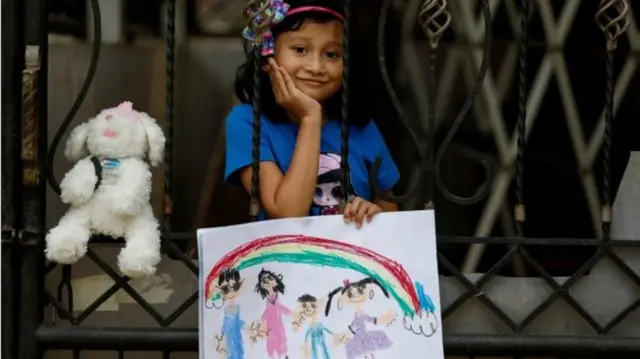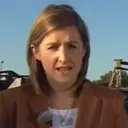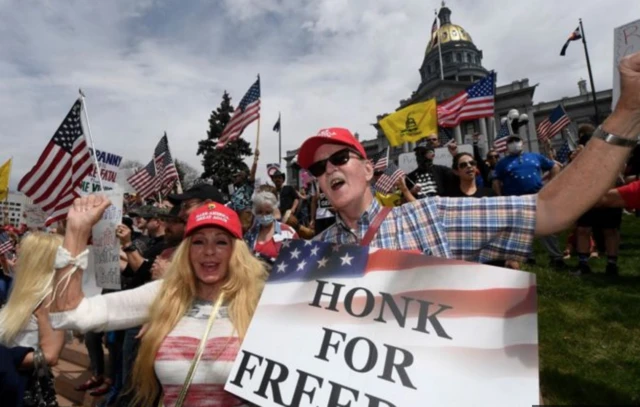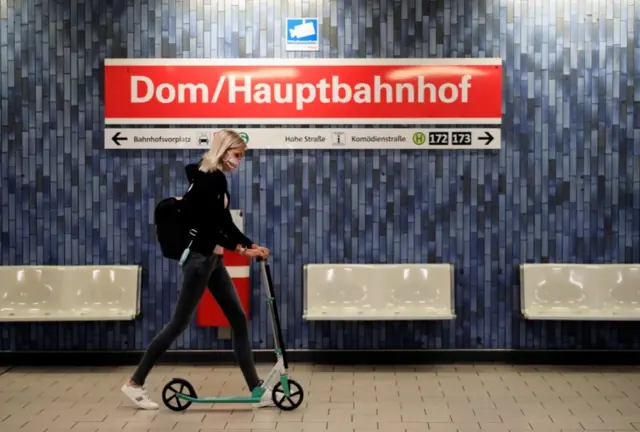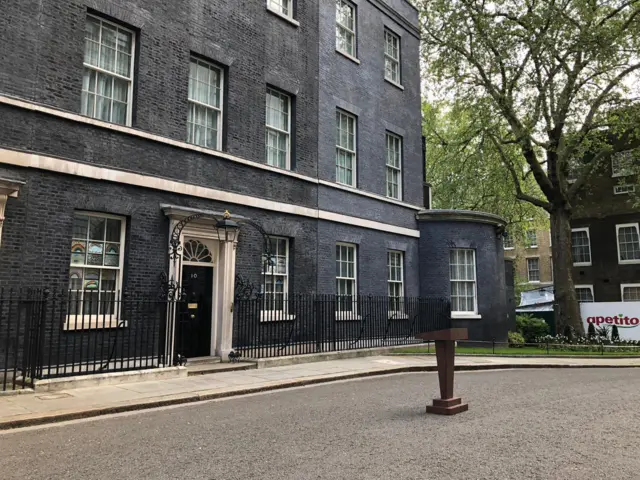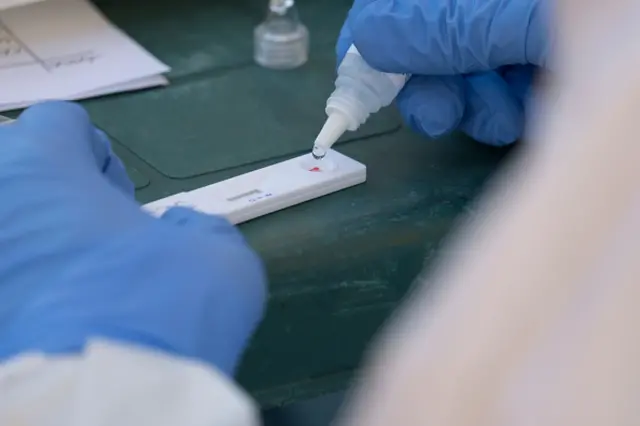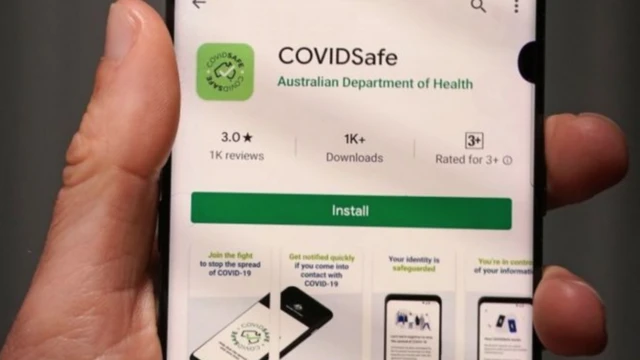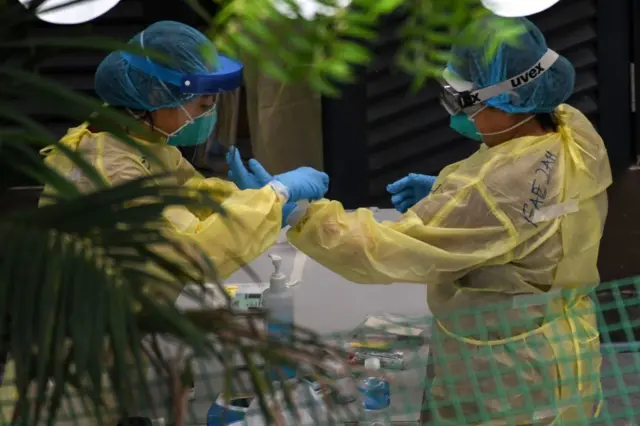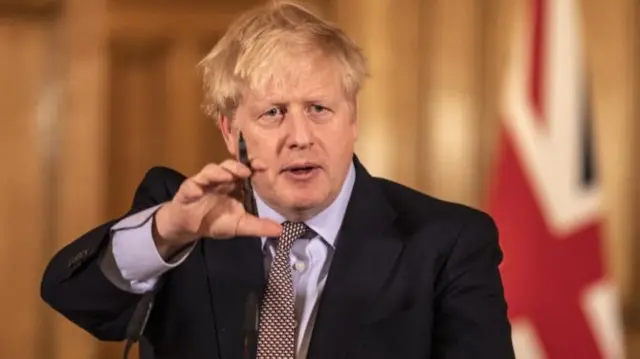Stockholm bars shut after failing safety checkspublished at 10:44 BST 27 April 2020
 Maddy Savage
Maddy Savage
BBC News, Stockholm
Five bars and restaurants in Stockholm have been closed by the city council after failing inspections on coronavirus safety.
The inspections took place following concerns that some venues weren’t doing enough to encourage social-distancing between customers.
More than a dozen other venues were given a warning by inspectors over the weekend. Checks were also carried out in the university city of Lund, where all venues passed their inspections.
Sweden has kept pubs, restaurants and cafes open since the start of the outbreak, but last month it asked venues to offer only table-service to stop customers from crowding around bars.
